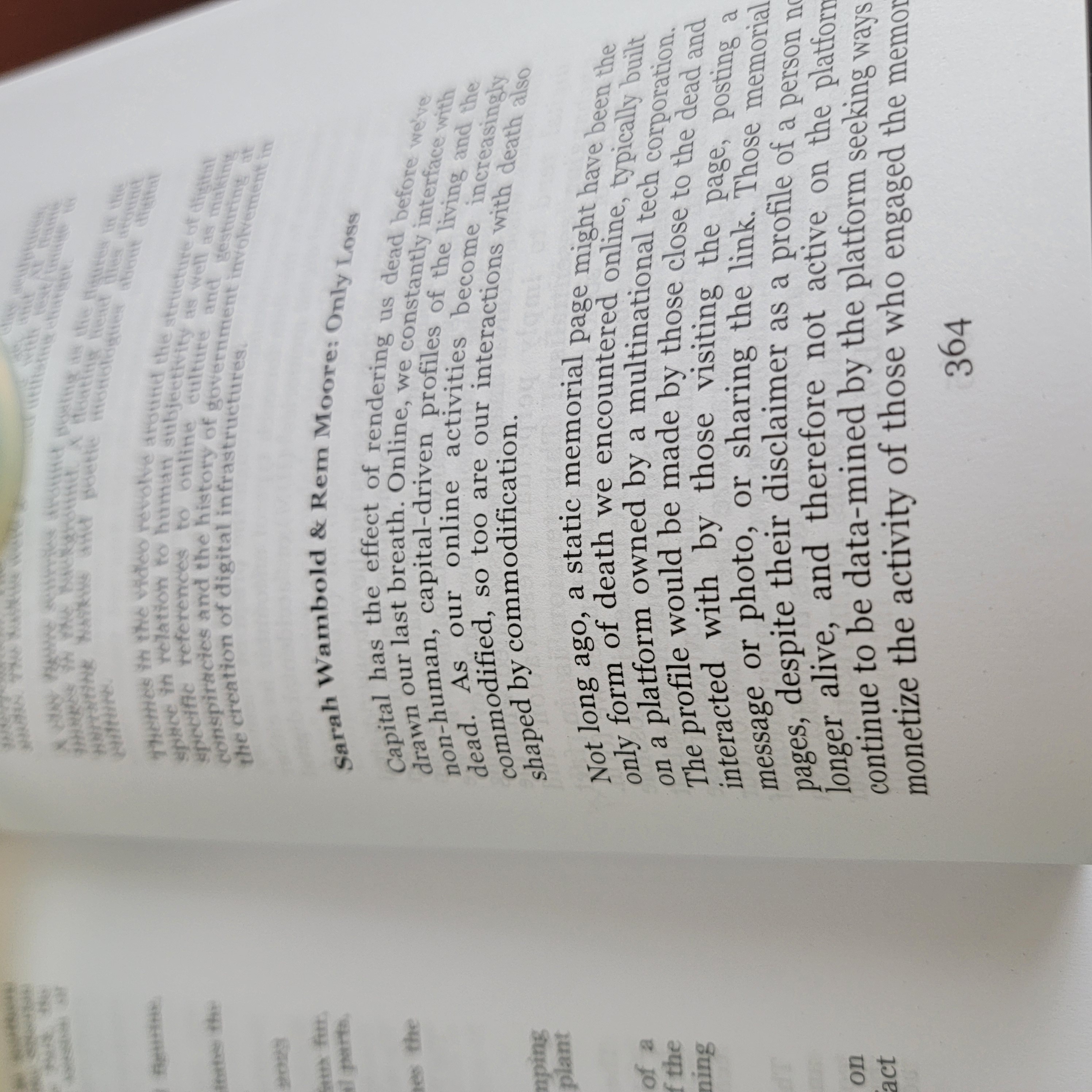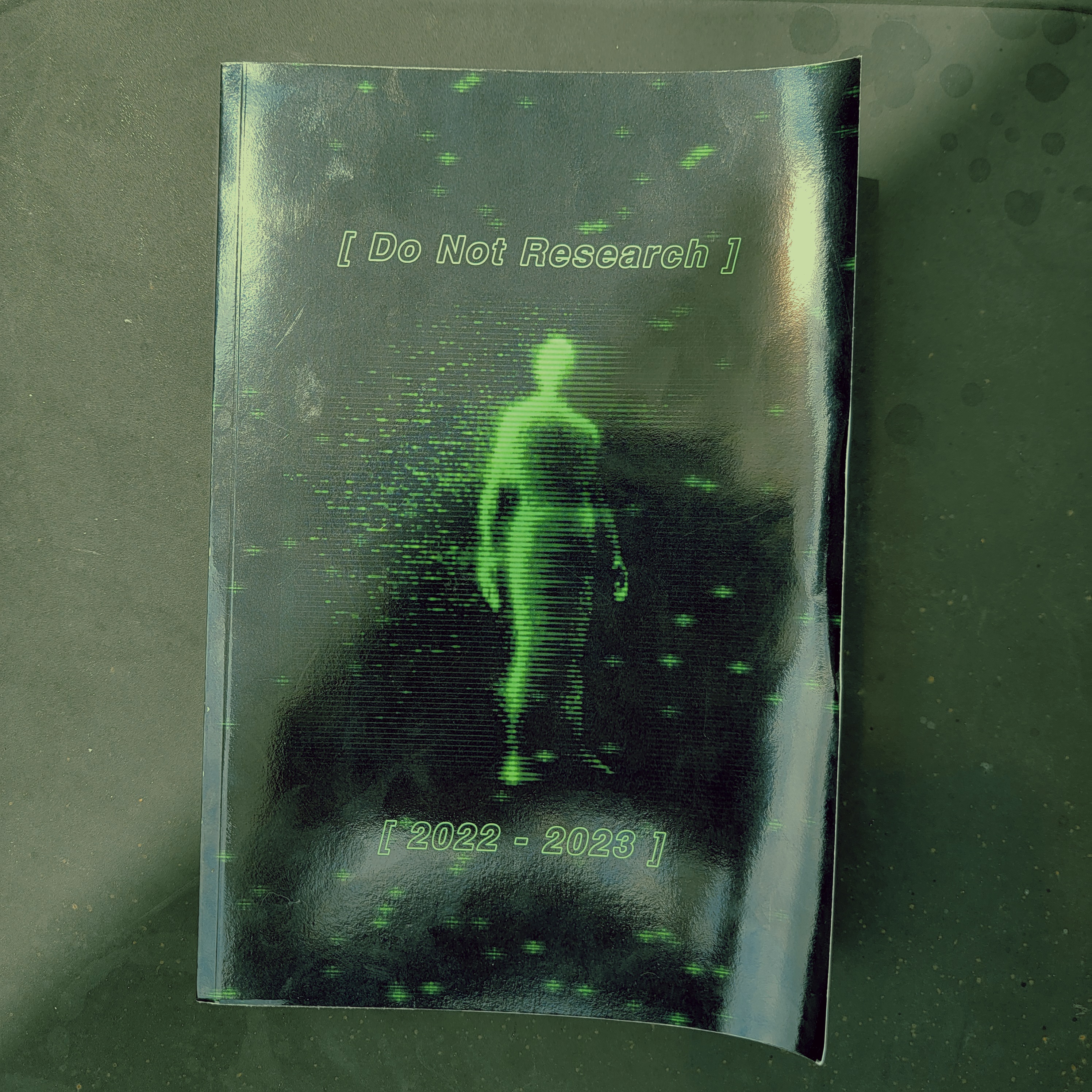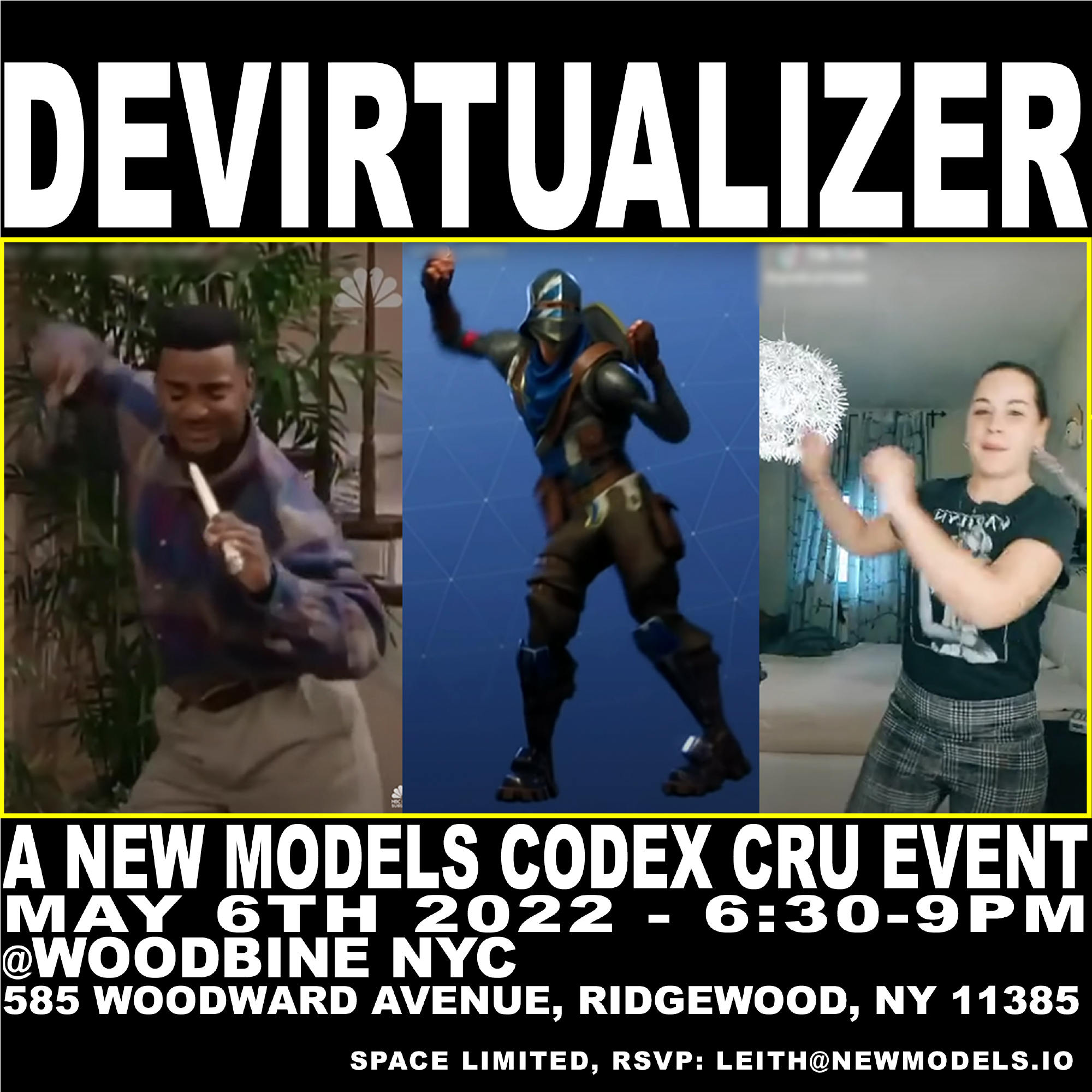
Digital Transformation and Archival Imaginaries
Only Loss is a long-form essay co-authored by myself and Rem Moore, exploring the digital landscape of death. This essay delves into how the surplus production of afterlife value, fueled by the anxiety of lost data, creates a new paradigm of online grief and offers a framework for understanding it.
Initially, what started as a reading group evolved into a comprehensive essay that discusses the inherent tension between transformation and archival imaginaries in the digital afterlife. While data can be programmatically transformed posthumously, leading to new and evolving memories, the archival nature of digital content suggests perpetual preservation and unchanging essentialism. This tension shapes our socio-technical dependencies, and by highlighting it, we can better understand the emotional responses and practices of precious-making that digital memories provoke.
The foundation of our text was influenced by Debra Bassett’s chapter “Profit and Loss: The Mortality of the Digital Immortality Platforms” from the collection Digital Afterlife: Death Matters in the Digital Age. Bassett examines the concept of a Second Death, as defined by Patrick Stokes in Ethics and Information Technology, where a person dies a ‘social death,’ meaning their memory is no longer known among the living. Bassett expands this concept to include ‘second loss,’ where the bereaved experience loss due to inaccessible or lost data of the deceased.
Intrigued by this notion of a ‘second loss,’ we explored the idea that the ongoing potential for losing access to the data of the deceased creates a perpetual state of online bereavement. The knowledge that we don’t truly own our social media posts or cloud uploads generates anxiety, driving us to produce more content. We examined how our archiving habits are rooted in a capitalist-driven belief in immortality, exemplified by machine learning tools that transform the dead into posthumous avatars. Instead of offering solutions or critiques, we turned to historical rites of passage to provide context and deeper understanding of our current situation.
The essay was published by Do Not Research, both online and in their anthology, Do Not Research [2022-2023].

We also facilitated two discussions about the essay—one in person at New Models Devirtualized in Woodbine, Brooklyn, in May 2023, and another virtually during the August 2024 meeting of Stewarding Loss.
